Watch Bacteria Jiggle, Pulse, and Shine to a Party Rock Anthem
These beautiful bacteria may be able to help scientists detect and treat cancer.
There are crazy, flashy raves growing on these petri dishes. The undulating lights in the four-minute video set to LMFAO’s “Party Rock Anthem” are actually produced by bacteria. The single-celled micro-organisms are programmed to flicker, pulsate, shimmer, flow, and do the wave in a rainbow of neon color.
Scientist, TED Fellow, and director of the Synthetic Biological Systems Laboratory at Columbia University Tal Danino found out that you can create mesmerizing patterns with bacteria by modifying their DNA. In his lab, Danino codes bacterial programs—writing and arranging the four nucleic acids, or DNA building blocks, into different sequences. These biological programs and algorithms are developed in a similar fashion to computer programs.
The programs control bacteria’s quorum sensing, which is a natural process when bacteria release tiny communication molecules when the colony reaches a critical density. These molecules trigger coordinated behaviors, which Danino can program. For instance, at the one-minute mark of the video Danino posted, he programmed these bacteria to glow bright blue when critical density is reached. He calls the clip “The Supernova” because it looks like an exploding star. At the 15-second mark, the bacteria turn into a cascading waterfall of blue bacteria, the expanding colony only about the width of a human hair.
“Besides programming these beautiful patterns, I wondered, what else can we get these bacteria to do?” Danino said in a TED Talk in 2015.
In addition to being the perfect visual backdrop for the “Party Rock Anthem” music video, Danino and his colleagues are investigating how these bacteria can be used to detect and treat diseases, including cancer. For example, there is a specific sequence of DNA that can produce fluorescing purple molecules that is visible in urine, Danino tells TED. He can instruct the bacteria to shine only if it comes into contact and grows within cancer cells. So, if a patient’s urine is tinted a shade of purple, doctors will be able to take action.
“In my work, science and art actually influence each other dramatically,” he notes in the TED post. “I see these beautiful patterns while working in science, and then I think, ‘How does that pattern happen? I really want to study it.’”
Every day we track down a Video Wonder: an audiovisual offering that delights, inspires, and entertains. Have you encountered a video we should feature? Email ella@atlasobscura.com.





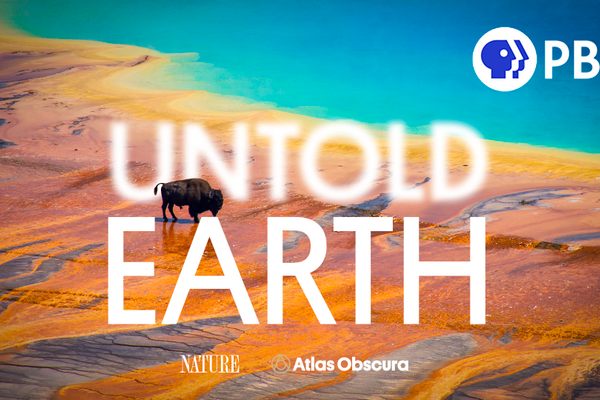
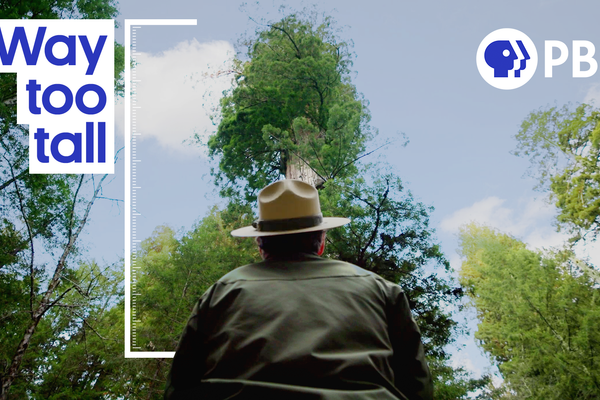

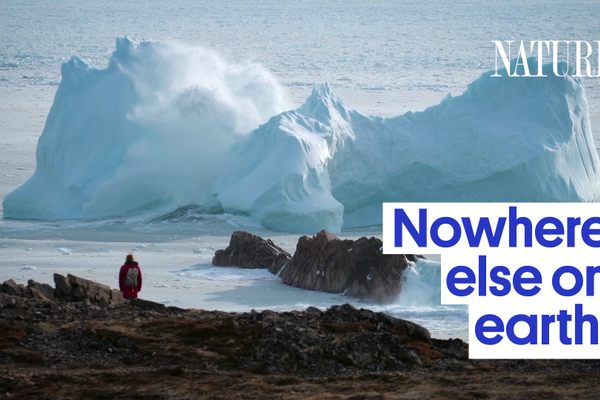


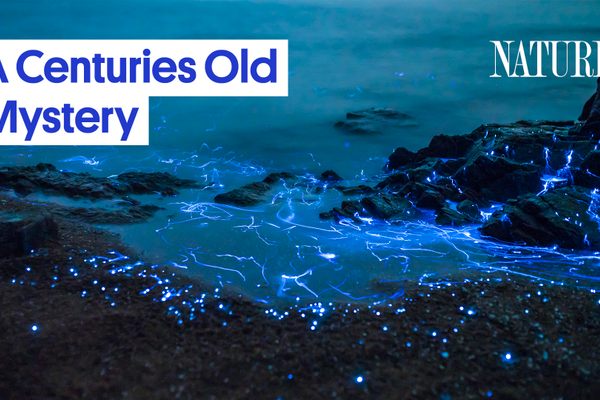
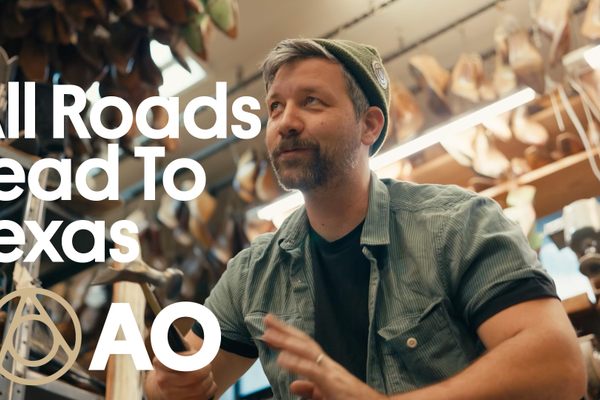



















Follow us on Twitter to get the latest on the world's hidden wonders.
Like us on Facebook to get the latest on the world's hidden wonders.
Follow us on Twitter Like us on Facebook